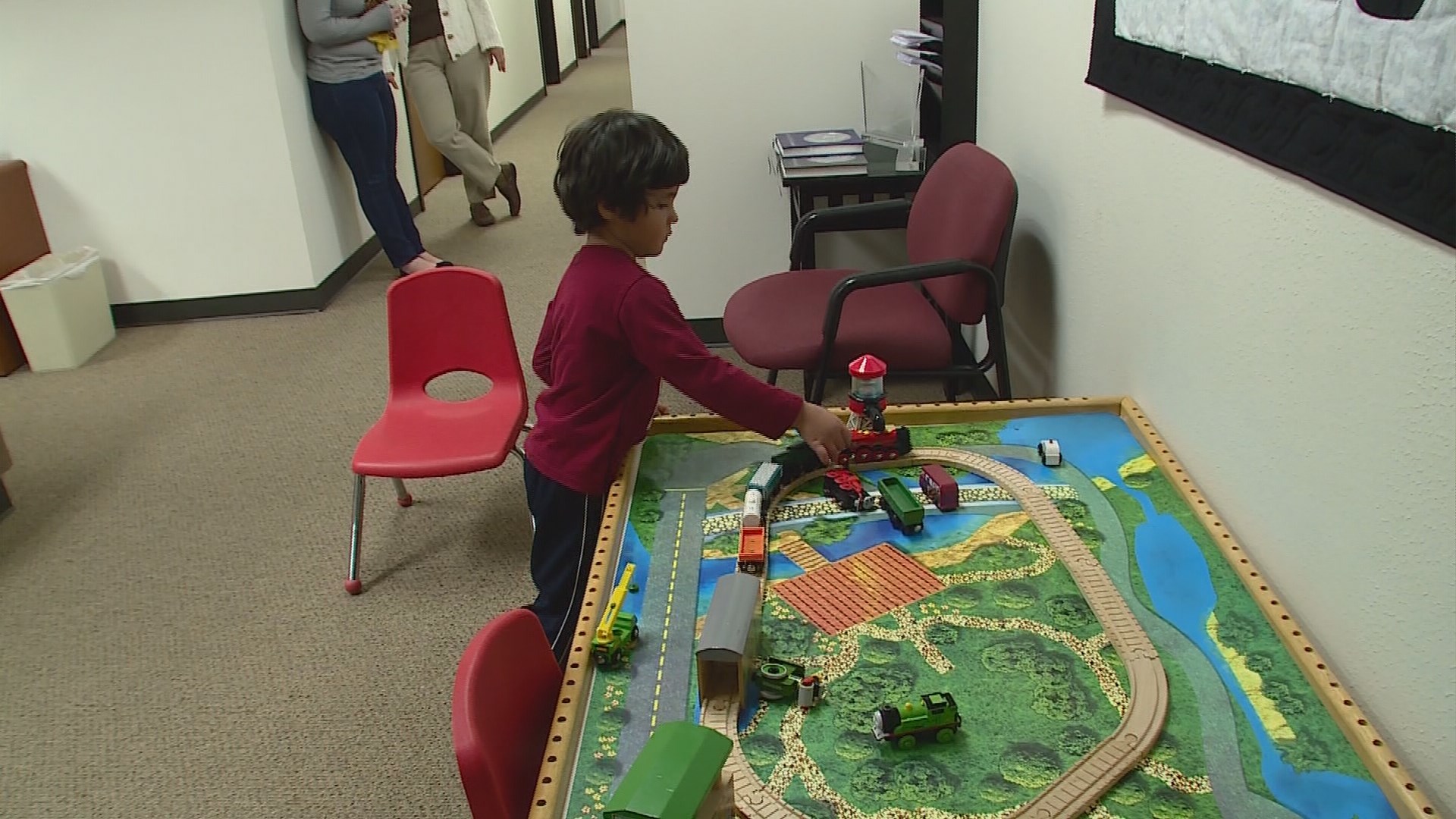A national child care chain with at least 10 facilities in San Antonio announced a change in policy because of the nationwide measles outbreak.
KinderCare will now require all staff who work with children under 15 months to get vaccinated against the virus. The decision comes after a cluster of five measles cases surfaced at a KinderCare center in suburban Chicago.
On the heels of that development, San Antonio autism advocacy groups have appealed to parents to vaccinate their children against measles. They stressed that the vaccine isn't linked to autism.
The people Eyewitness News talked to are leaders in their professional fields in San Antonio, but they are also parents and understand mothers and father's worries when it comes to vaccinations.
Dr. Berenice de la Cruz is the director of Training and Research at the Autism Community Network. She said two years ago, she carried her son into an emergency room as he convulsed during a seizure.
"Their eyes go up to the side. They are just shaking," she said. "If you talk to them they don't respond. That's how my child was for 25 minutes."
Dr. de la Cruz said her son's fever was so high after his vaccinations his body couldn't handle it. Today her son is healthy. Even after what happened, she is encouraging parents to protect their kids against measles by getting vaccinated.
There are now more than a hundred measles cases in 14 states, including Texas. Metro Health said roughly 6,000 kids in Bexar County aren't vaccinated.
Some parents are concerned about the side affects of vaccines. However, the Autism Community Network, Any Baby Can and the Centers for Disease Control and Prevention said there is no link between the measles vaccine and autism.
They said the fears surfaced after researchers in the 1990s published a report insisted such a link existed.
Tisha Gonzalez with Any Baby Can said that information has been proven wrong and there is no correlation between the vaccine and autism.
Dr. de la Cruz said she understands parents hesitations. She noted that some children can have a bad reaction to vaccines.
"You really want to have that conversation with your pediatrician or primary care doctor about what is the best course of option. Not not to vaccinate because we really do need these vaccines," she said. "They were developed for a really good reasons but what is the best thing for my child.'
In her case, she spaced out the vaccines for her son so it isn't overwhelming for his body.


